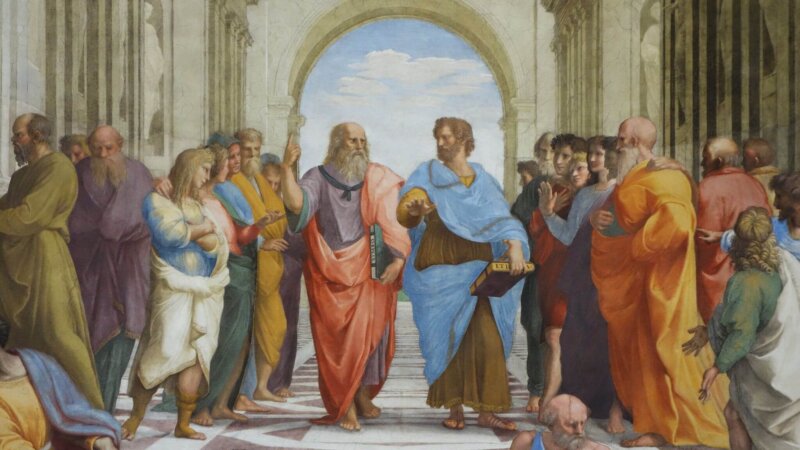Ross Garner teaches 12th grade humanities at John Adams Academy, a classical charter school in Northern California. He was home-schooled in the classical style with his five siblings, attended a classical charter school, and studied at a classical liberal arts college in Utah. He has a BA and MA in American Studies from Brigham Young University and Utah State University with an emphasis in political philosophy and American religious history. He loves to garden, serve in his church, and read The Chronicles of Narnia to his three children, whom he home-schools with his wife, Amanda.

